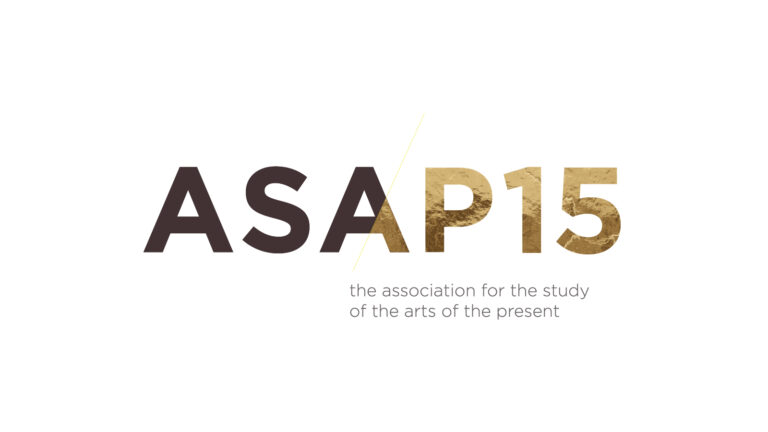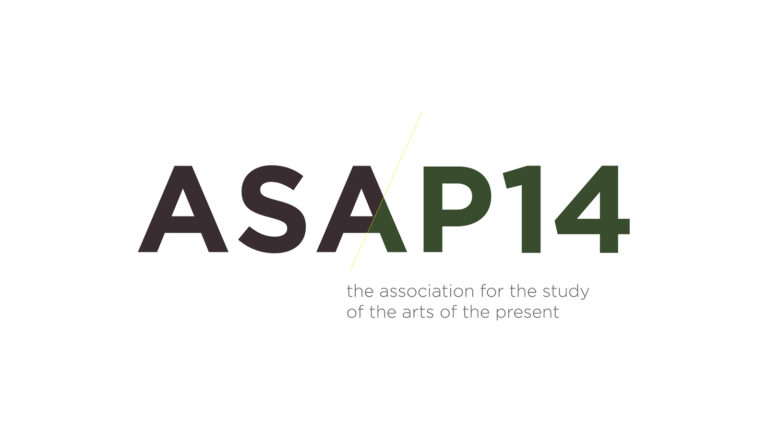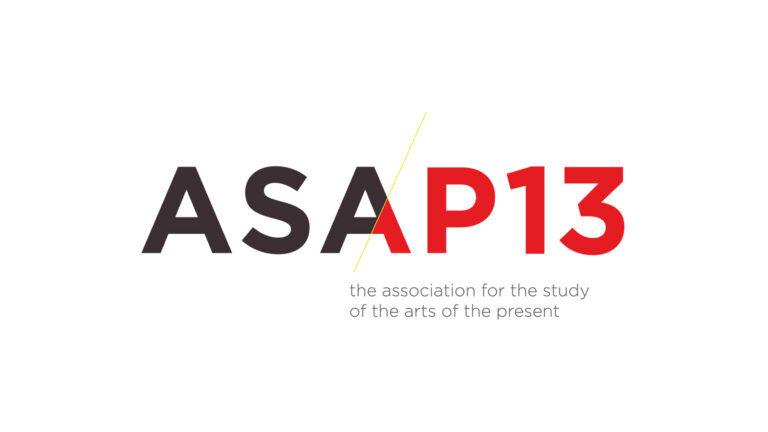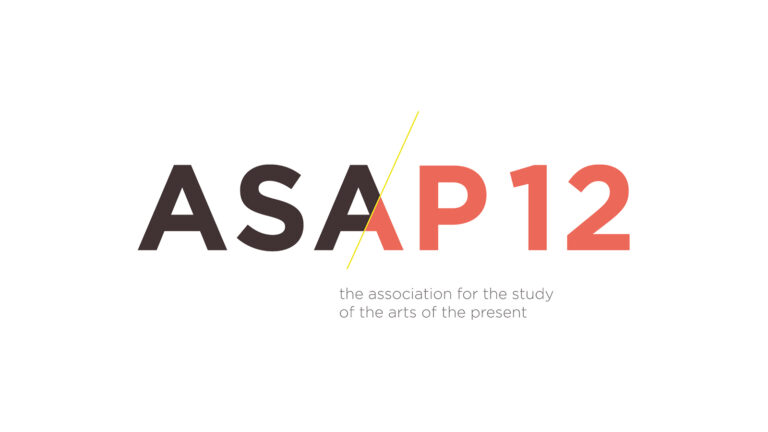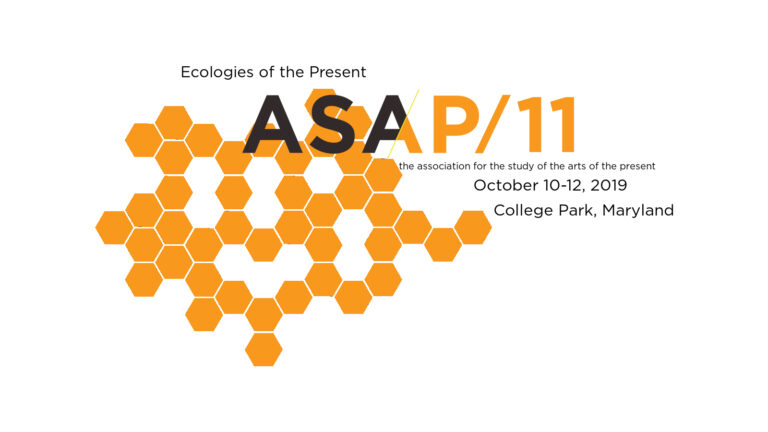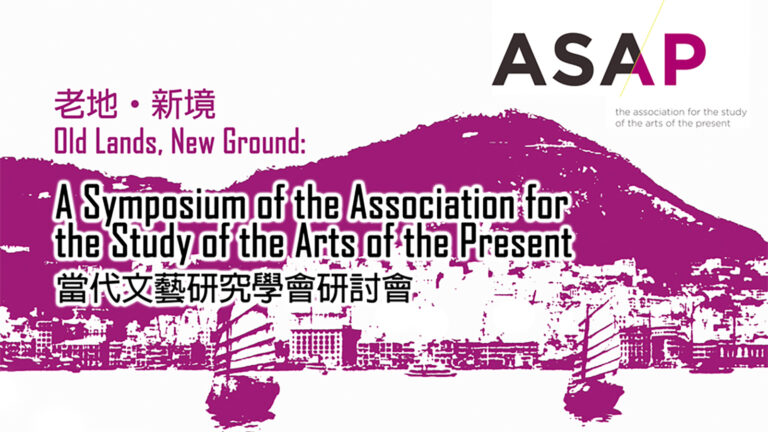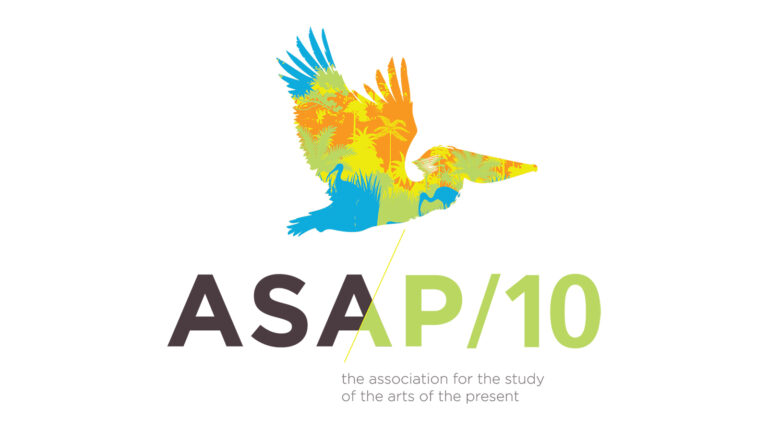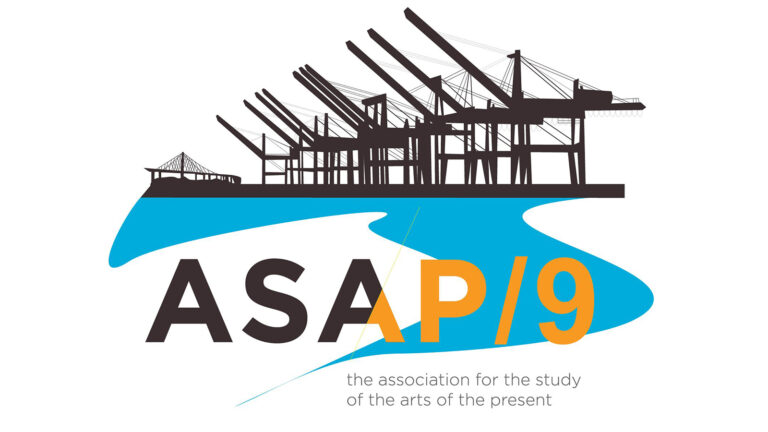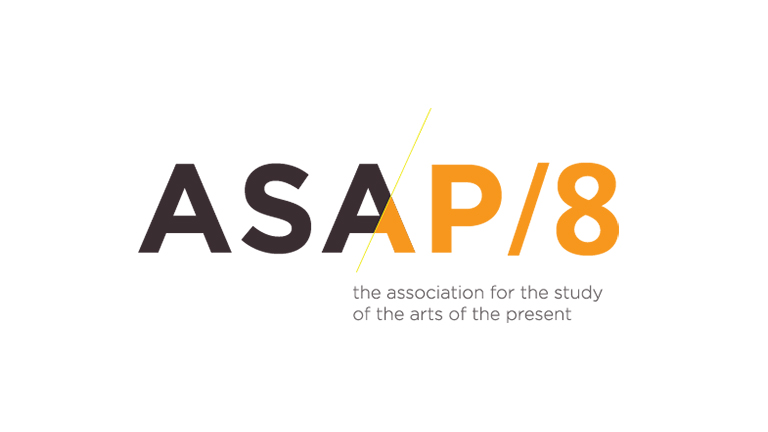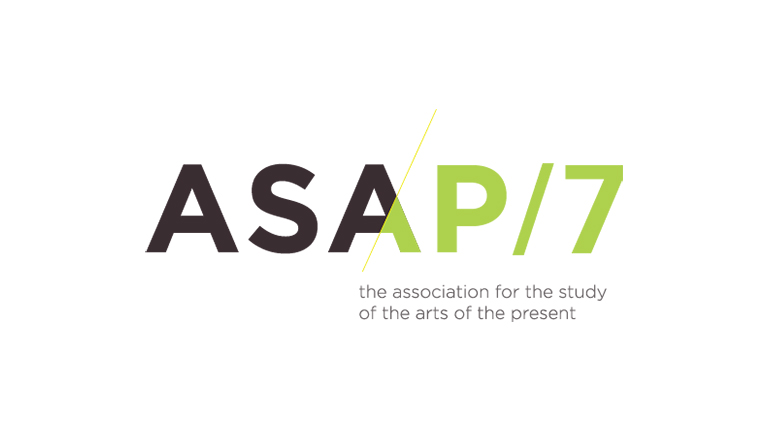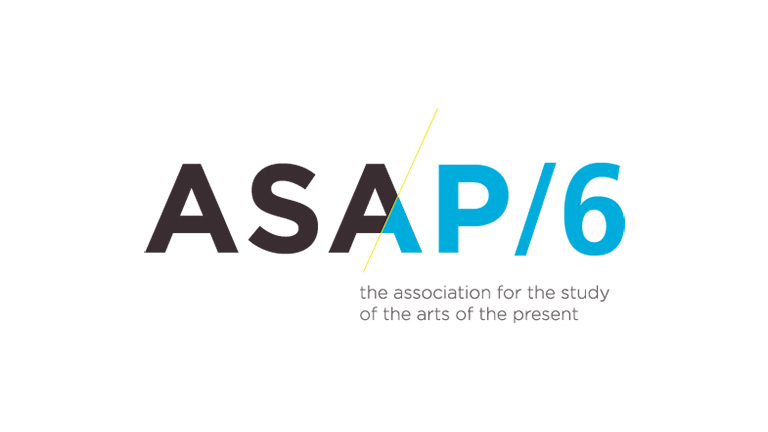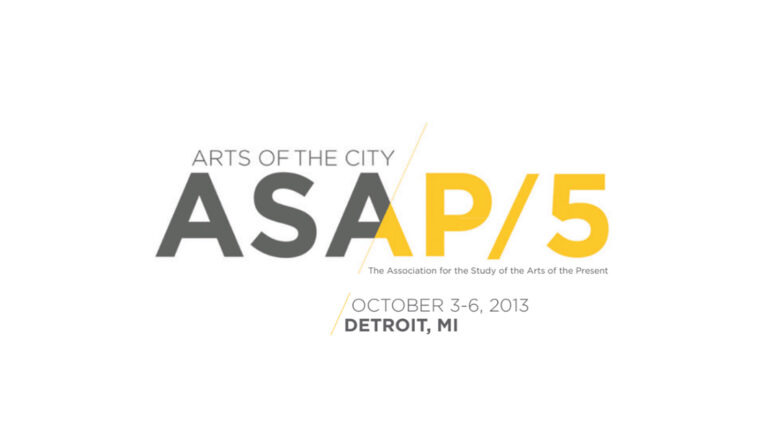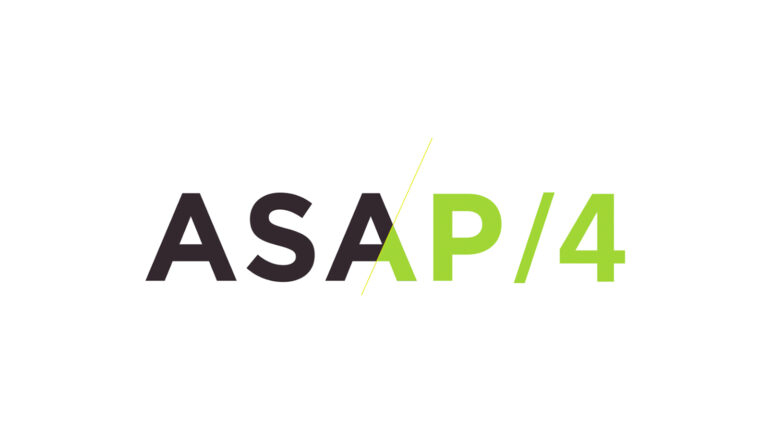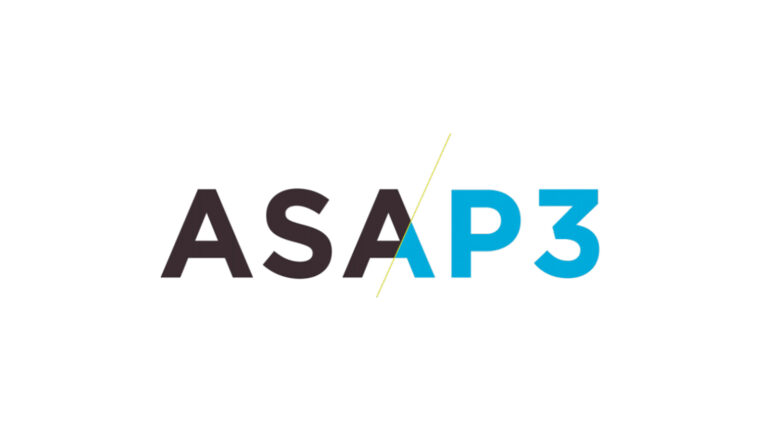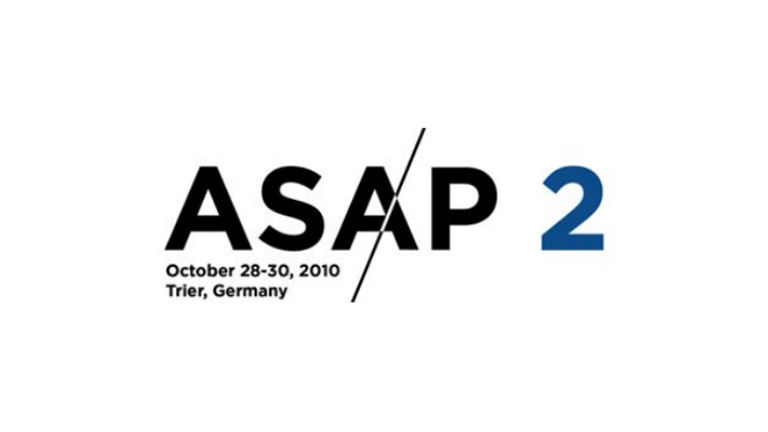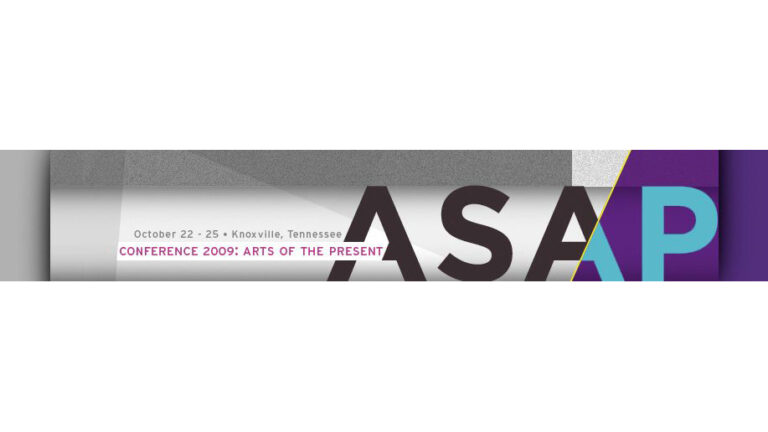The Association for the Study of the Arts of the Present holds an annual conference in North America that brings together scholars and artists from institutions all over the globe to share research, debate trends, and generate new projects concerning the “arts of the contemporary.”
The ASAP also supports an annual symposium at a host institution outside of North America. Both the conferences and the symposia are collaborations between ASAP and individual institutions–for instance, universities, institutes, museums. While the conferences are large gatherings of scholars and practitioners participating in seminars, roundtables, and panels, the symposia are meant to develop specific themes in contemporary arts research intensely, with a small and highly select group of scholars.
Our next conference will be in-person, from October 22-25, 2025 in Houston at Rice University and around the city. The theme is “Worldmaking/Worldbreaking,” and the deadline for submissions are
- Friday, February 28, 2025: Deadline for session organizers to post a call for panel, roundtable, and seminar participants. This is encouraged for panels and roundtables, but required for seminars. Organizers can set their own deadlines, included in their call, for abstract submissions, but we encourage a date of one month later, on Friday, March 14.
- Friday, March 28, 2025: Deadline for session organizers to submit fully constituted panel, roundtable, or seminar proposals; deadline for workshop proposals
- Friday, April 25, 2025: Notifications of acceptance for all proposals.
- Friday, May 2: Deadline for graduate students to apply for papers-in-progress workshops.
- Friday, May 30, 2025: Final schedule announced.
ASAP’s conferences and symposia do not endorse any one critical methodology, political orientation toward the arts, or aesthetic criterion of evaluation. We welcome all forms of innovative or established scholarship that have as their primary purpose the advancement of humanistic learning and creative innovation. Because the contemporary arts operate globally and often across disciplines, the conference encourages groundbreaking comparative scholarship that promotes fellowship and scholarly interaction among its various constituents. A host institution is fully responsible for running the physical aspects of the conference and receives no monies from the Association toward these costs, though it can generate some revenue from conference registrations to offset some of these costs. The conference organizer for the host institution organizes the conference program with assistance from The ASAP Conference Program Committee. Hosting an ASAP conference or symposium offers many opportunities for institutions and groups to publicize their activities, broadcast their corporate identities to an international audience, and host an international and disciplinarily diverse group of world-renowned scholars and practitioners of the contemporary arts. If you’re interested in hosting an annual meeting of ASAP, just let us know at !
